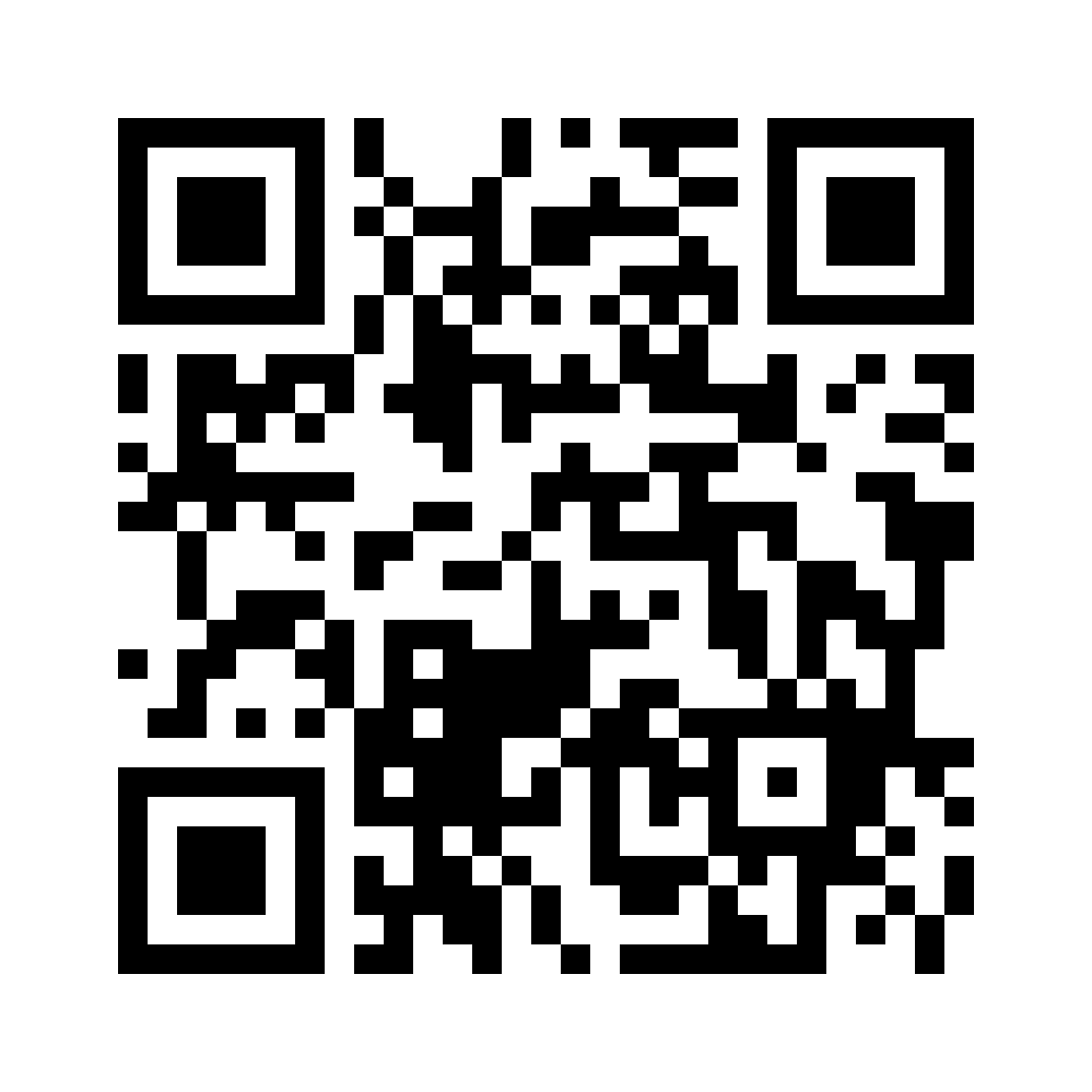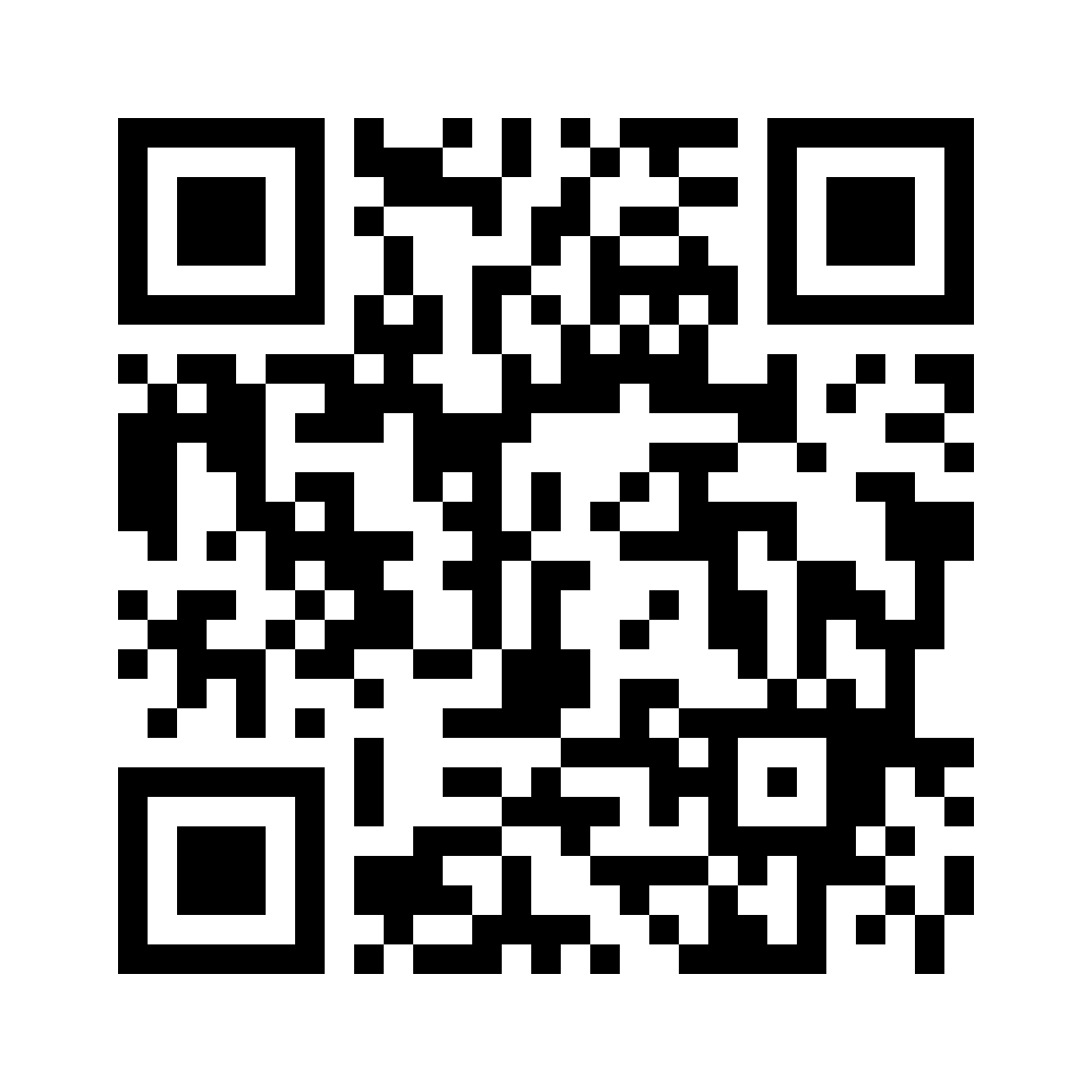When there are signs of stagnation at work, try applying the following 5 methods to improve your daily workload.
Plan your work for the next day
Spend at least an hour before bed planning what needs to be done tomorrow. No one can predict a day how many other "urgent and important" things will interfere with each person's main tasks. Even if this happens, you can still easily see the progress of the work if you have a plan in advance.
Take time to rest
“Working hard is not enough, work smart” means that doing many things is not always effective. In the long run, this also makes work results unsatisfactory and seriously affects health.
By analyzing the habits and health records of more than 600,000 people in the US, Europe, and Australia, researchers at University College London (UK) found that a third of people sit at their desks. People who work 55 hours/week are more likely to have a stroke than those who work less than 40 hours/week. In developed countries such as Japan and South Korea, the annual rate of workers committing suicide because of work is always at an alarming rate. As of 2016, there are more than 2000 cases of Karoshi in Japan (Japanese slang meaning "suicide due to work pressure"). Their dedication to their work paid off with their lives. So, don't hesitate to spend 5-10 minutes a day to relax.
Multitasking is not necessarily effective
It's hard to be efficient, productive, and work with a clear sense of purpose when everyone has too many priorities or tasks are constantly shifting every day. The more people try to do things at once, the more likely they are to screw up. According to Professor Strayer of the psychology department of the University of Utah (USA), for most normal people, "the brain cannot process too much information from tasks" and research shows that only 2% people are able to multitask which brings good efficiency. Multitasking is actually a waste of time, making it easier for people to make more mistakes by making us work unconsciously and stifling creativity. Instead, focusing on solving tasks in order of priority will easily bring higher efficiency.
Limit distractions from work
Although it is difficult to avoid unexpected tasks that need to be prioritized, try to limit them as much as possible. Applying the work management matrix of the late US President Eisenhower, we can easily divide work into 4 levels: important, unimportant, necessary, and unnecessary. Based on the order of priority of work, you can classify unexpected tasks into one of the above 4 levels, thereby providing the most effective method of handling.
Make your workspace cleanAn effective workspace needs to meet the basic requirements of lighting, equipment and a neat desk. Take 5 to 10 minutes before you leave the office to clear away unimportant notes or scraps of paper and put your work files back in their proper place. No one wants to waste time picking up their trash every morning before starting the main task.
The Total Productivity program of The OlympWorld Academy shows that labor productivity is a process of going from goal to pattern and self-effort to accomplish the goal. The difference between success and failure lies in the ability to maintain and optimize labor productivity according to the above process.























